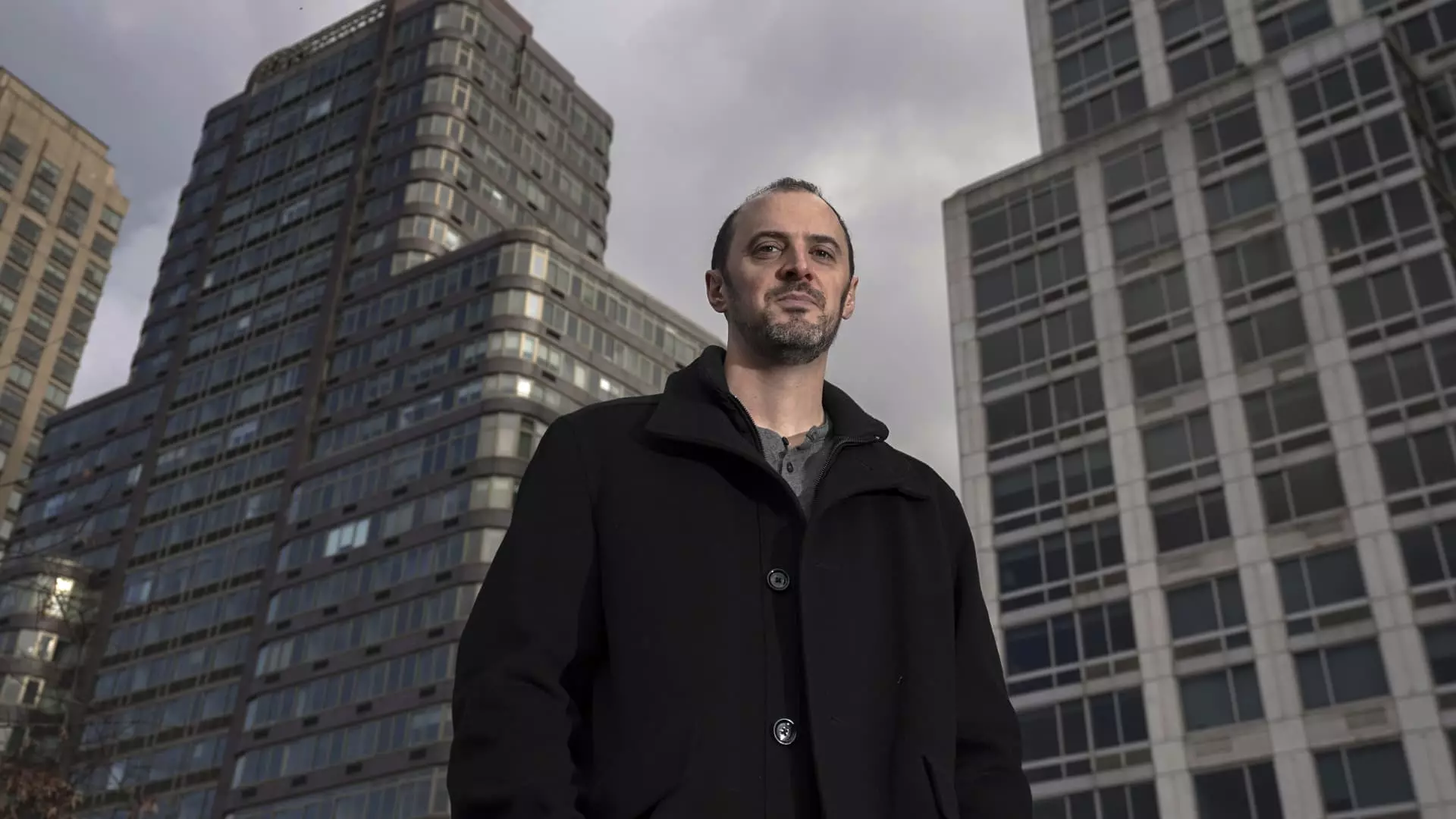Hindenburg Research, a firm that had carved out a space for itself in the pugnacious world of short selling, is officially disbanding. Founded in 2017 by Nate Anderson, the company gained recognition for its incisive research reports that often targeted companies it believed to be overvalued or engaging in dubious practices. In a statement released on the firm’s website, Anderson reflected on the challenging yet rewarding journey that Hindenburg embarked upon, alluding to the completion of their final research projects before closing the doors.
Hindenburg’s reports were often illuminating, shedding light on potential corporate malfeasance that went unnoticed by mainstream analysts. Their expose on Nikola in 2020, which accused the company of misrepresenting its capabilities, was a watershed moment for the firm. The report, which led to legal repercussions for Nikola’s founder, Trevor Milton, underscored the impact Hindenburg’s research could have on a company’s reputation and market value. Hindenburg’s ability to unravel the truth hidden behind the façade of high-flying startups established its position as a formidable player in the investment research landscape.
Though many of Hindenburg’s investigations targeted smaller entities, they didn’t shy away from confronting larger corporate giants. Their reports on Carl Icahn’s Icahn Enterprises LP and the extensive business interests of Indian tycoon Gautam Adani showcased a boldness that resonated with investors and the public alike. However, this willingness to challenge powerful figures came with risks that could ultimately be detrimental, as evidenced by the fallout from their investigations.
Short selling is a contentious practice; it lies at the intersection of investment strategy and ethical debate. While some view it as an essential tool for maintaining market integrity, others see it as a mechanism that preys upon struggling companies. In an era marked by the rise of retail investors and a growing disdain for established financial institutions, Hindenburg’s work highlighted the complexities of this investment strategy. As the firm burgeoned in prominence, it became synonymous with aggressive research that often resulted in immediate market reactions, illustrating the high stakes involved in their operations.
However, the controversy around short selling has also fueled scrutiny from regulators. Hindenburg’s ability to thrive amid such scrutiny demonstrates both the risks and rewards associated with this line of work. With increasing investigations into short-seller tactics, particularly in light of the meme-stock frenzy of 2021, Hindenburg operated in a precarious environment.
As Hindenburg Research draws its final curtain, it leaves behind a complicated legacy. The firm not only exposed potential wrongdoing in the corporate sector but also contributed to a broader conversation about the role of short selling in today’s market dynamics. The impact of their findings will likely resonate long after the firm’s dissolution, sparking discussions on corporate accountability, investment strategies, and the ever-evolving nature of market participation. Anderson’s decision to close Hindenburg represents a poignant moment in an industry fraught with volatility, ambition, and ethical dilemmas. Where Hindenburg leaves off, the financial landscape will continue to shift, driven by the same tenacious spirit that defined its years in operation.

